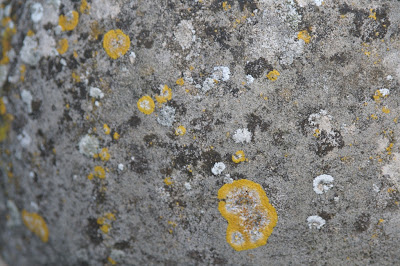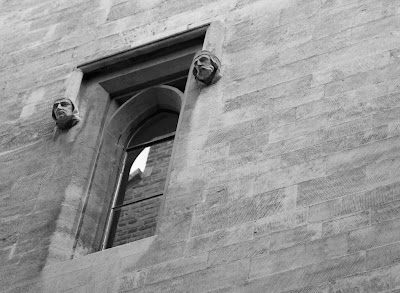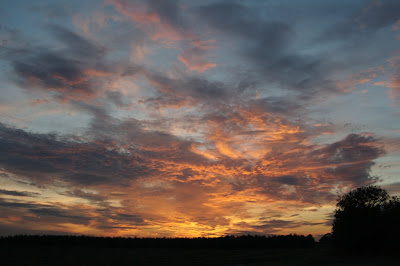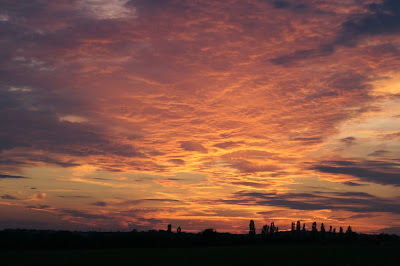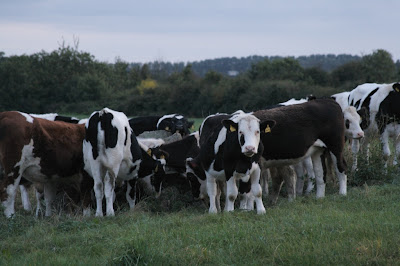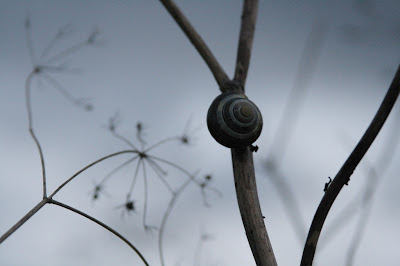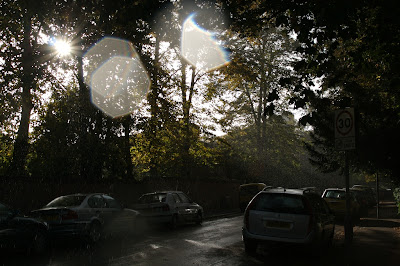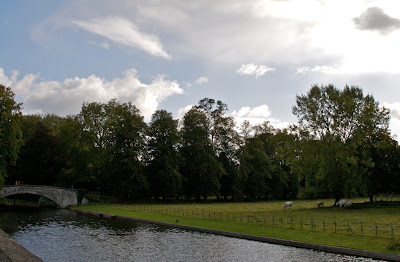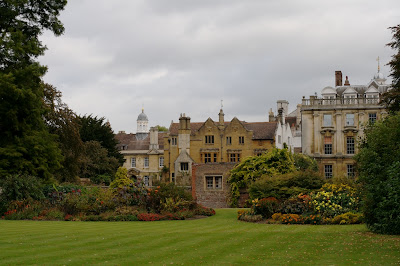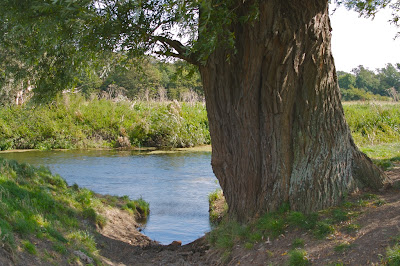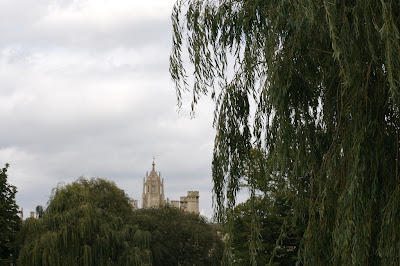
Dear fear of failure and rejection,
Last night, while I was still feeling lonely, before I talked first to one friend and then to another (and before I had the utterly enviable pleasure of dancing with a gleeful four-month-old and her awesome father by way of the videochatting magic that is Skype), I read an exceptional set of instructions about how to bid farewell to old fears. And though I am about to go on another long walk through a countryside that (but for the sound of the M11, which will be omnipresent for this one) will indeed afford me bits of beauty and remind me that it's safe to be honest, I will not be alone on my walk, and I don't yet know my companion well enough to perform any visible rituals in his presence. And so, in the minutes before I depart, camera in hand, to see what there is to see between here and a neighboring village, I'm going to write you a break-up letter.
I don't know when you arrived to take up residence in every corner of my life. I know that it must have been before the very thought of getting a B+ in math on my first term's report card in sixth grade was enough to throw me into a panic. I suspect that it was even before I got detention for not having been able to finish my multiplication worksheet in fifth grade, just because my first-generation Bic mechanical pencil ran out of lead and it didn't occur to me to have a spare or to raise my hand and ask my teacher for a new pencil. Thus, it was definitely before an idiot 15-year-old football player came over to the house one Friday night, giddy at his team's having won a championship game, and wouldn't leave--until his parents called, near 1 a.m., to see if he was at our house, getting me in the most (and most self-abasing) trouble I'd been in for years, even though (I now see very clearly) I had not done a single thing wrong.
It must also have been long before the piano competition I flubbed in seventh grade, the first year I'd competed in the intermediate level of that particular contest; my teacher suggested a late-breaking change to my program, tacking on a tempestuous piece that, when performed correctly, was stormy and wonderful to be channeling--but, when performed incorrectly, was an utter disaster. Remember how the first piece went fine, and how the first performance of the potentially problematic piece also went fine? Remember, then, how two of us had to have a second-round sudden-death play-off--and how that time, the second piece refused to come through these fingers? Remember? Of course you do: it was one of the times that you fattened up, growing stronger on the belief that you were right. Because I let you.
I could keep listing: the times my social skills grades were Bs in elementary school because I couldn't hold myself back from talking with my classmates; the time that college boyfriend told me, right before breaking up with me, that no one asked me to social events because they knew I was anti-social and would say no. The time I didn't get the job. The time I felt as though I knew no one where I lived.
But I'm done. You've been wrong so many times in the past few years--and, in fact, throughout my life--that I'm done with you now. I know that you're coming around to pay a visit this weekend because I have important work to do tomorrow. I even know that you think you're coming around because you think you're making things easier for me, keeping me from falling on my face, bloodying my nose, scraping my knees, twisting my ankles, cracking my fingerbones, cudgelling my brains. But this is what I realized while I was reading that post last night: I don't have to hate you for having plagued me for three decades. I don't have to recoil against you in anger or in further fear. I can say thank you for what you've tried to do, for the ways you've tried, with decent intentions, to keep me from trying something frightening or from daring my heart and my mind again. I can also say that I'm grateful, to whatever powers oversee us, that you've somehow almost always failed in your interventions: I have, in fact, kept daring, started daring even more of late. And then, having made my peace, I can say goodbye to you.
Because, see, a wise woman told me something smarter than you, my old fear, you who wish you could call yourself my true familiar. "People who can risk rejection," she told me briskly one day on her office's ridiculous couch, "have more interesting lives than those who can't, or won't."
She was right.
So, thank you, fear of failure and rejection, for having tried to protect me, but I don't need you anymore. There's better beauty afoot, out there where you are not.
Dr. S
p.s. Actually, after a day of long walks and deep thought, I've decided that what I really meant to say earlier is fuck off. Now get the hell out of here.

